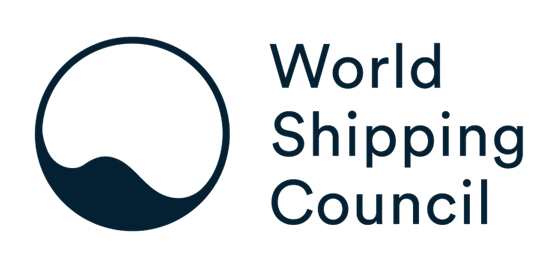As the IMO MEPC78 draws to a close, we have seen good progress on several important topics, including on the next phase of the IMO greenhouse gas (GHG) strategy. The World Shipping Council (WSC) urges member states to maintain the momentum and step up the crucial work on developing the pathways to decarbonising shipping.
Moving forward on greenhouse gases
The IMO MEPC78 addressed and approved guidelines for the package of short-term measures - EEXI, enhanced SEEMP, CIIs - that are focused on reducing GHG emissions of the existing fleet and driving progress towards improved energy efficiency and reduced fuel consumption.
The step change to alternative fuels will, however, require much more of all maritime actors, and the role of IMO member states in progressing the necessary
regulatory pathways and public-private partnerships cannot be overstated. It is promising therefore that MEPC78 saw a constructive discussion on the revision of the IMO GHG strategy, with a clear majority of member states in support of a 2050 zero GHG target.
“Transitioning global shipping from a carbon dependent industry into one that operates without greenhouse gas emissions is a massive task. We are encouraged by member state contributions that recognize the need to focus on key actions, and urge all member states to accelerate and expand this crucial work. Container and vehicle carriers are already investing in the development of zero GHG technologies and are committed to enabling the industry’s transition to zero. Governments need to take decisive action now to provide clear regulatory structures and market signals that drive investment and support ambitious front runners,” said John Butler, President & CEO of WSC.
Questions arose during the last day of MEPC 78 concerning the ability of parties to introduce new proposals addressing the GHG issue. To this end WSC stressed that “flexibility is essential in negotiations that must deal with a complex problem with significant environmental and economic consequences. Successful negotiation often requires creativity and we should be sure that we allow creativity and innovation in how we address this challenge.”
Research and Development
Unfortunately, agreement to establish the International Maritime Research Board (IMRB) and the International Maritime Research Fund (IMRF) was not achieved at MEPC 78. We are however, encouraged by the increasing recognition of many parties that applied R&D is critical if we are to move forward with a major energy transition in the maritime sector.
Establishment of a Mediterranean ECA
The Mediterranean is one of the busiest bodies of water in the Northern Hemisphere, and also one of the most densely populated. WSC welcomes IMO’s decision to proceed to establish the Mediterranean as an Emission Control Area (ECA), which if adopted at MEPC 79 will offer significant improvements in both human health and the environment in the region. Given the diversity of countries surrounding the Mediterranean, the ECA application to the IMO bodes well for the ability to move forward with agreement involving a diverse group of governments.
The opinions expressed herein are the author's and not necessarily those of The Xinde Marine News.
Please Contact Us at:
media@xindemarine.com


 Ningbo Containerized Freight Index Weekly Commentar
Ningbo Containerized Freight Index Weekly Commentar  Ningbo Containerized Freight Index Weekly Commentar
Ningbo Containerized Freight Index Weekly Commentar  Ningbo Containerized Freight Index Weekly Commentar
Ningbo Containerized Freight Index Weekly Commentar  BIMCO Shipping Number of the Week: Bulker newbuildi
BIMCO Shipping Number of the Week: Bulker newbuildi  Ningbo Containerized Freight Index Weekly Commentar
Ningbo Containerized Freight Index Weekly Commentar  Ningbo Containerized Freight Index Weekly Commentar
Ningbo Containerized Freight Index Weekly Commentar